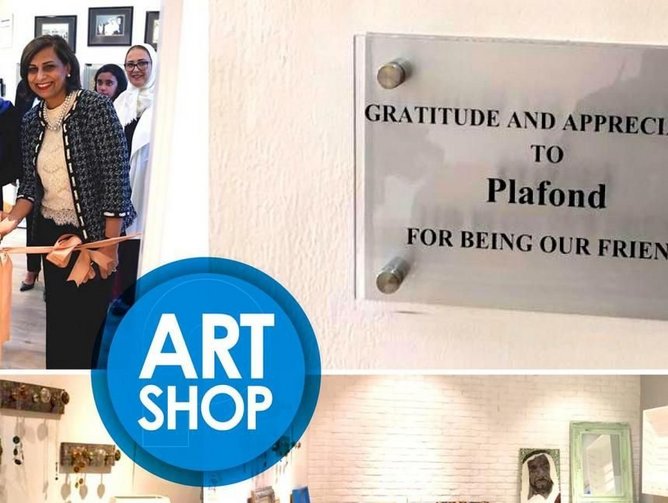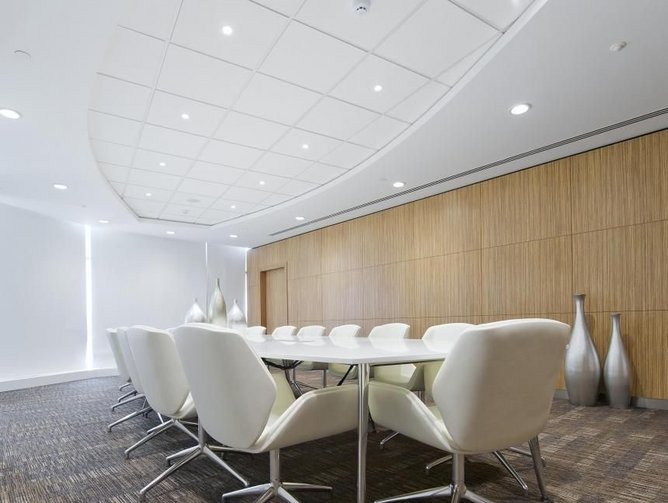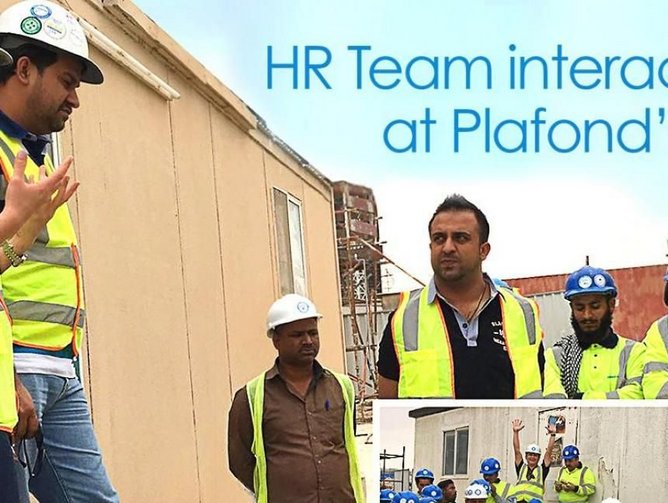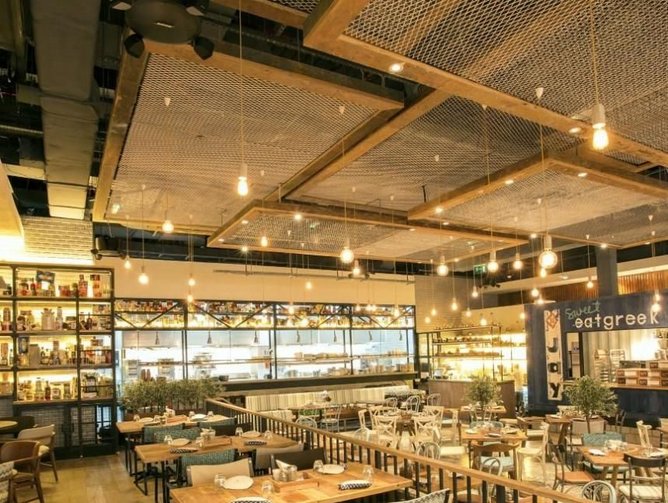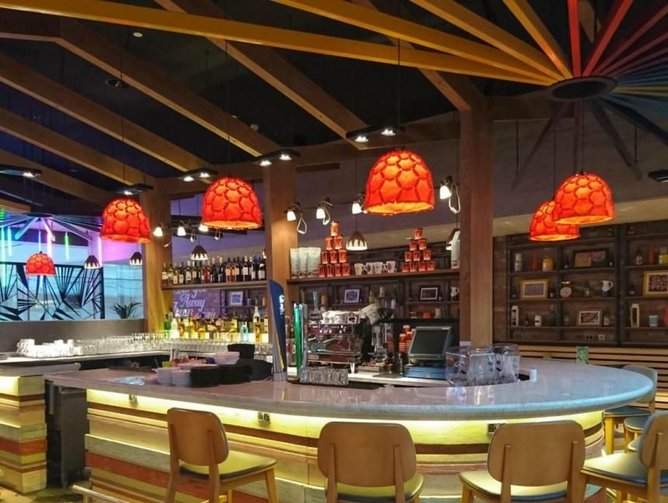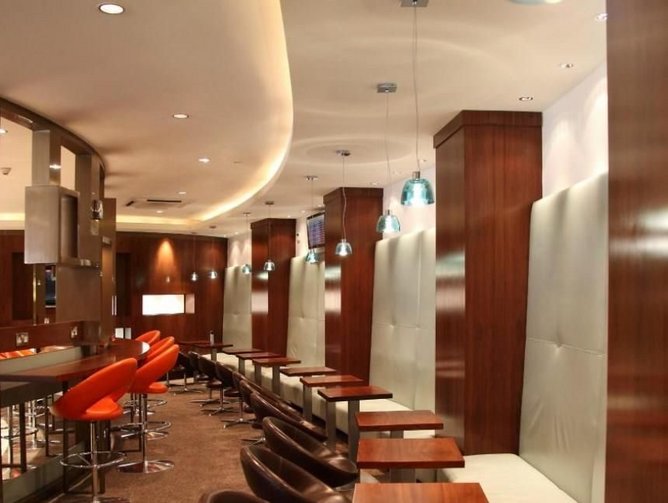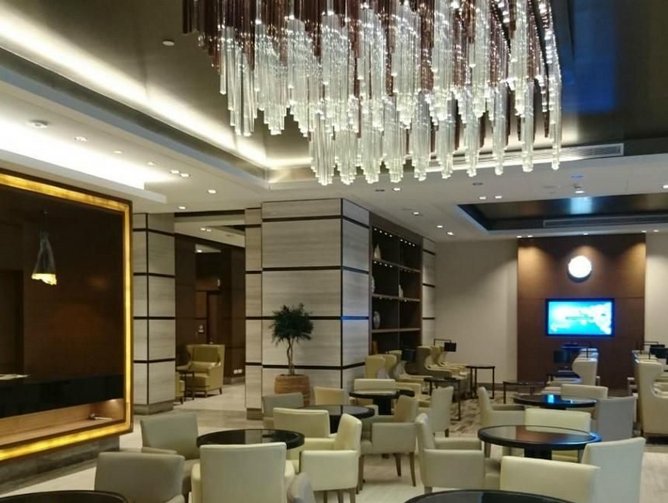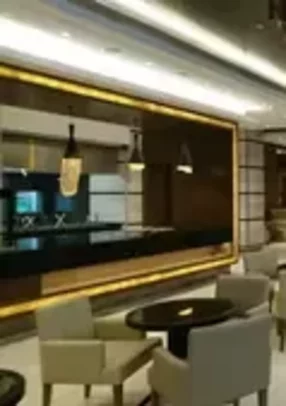With the ability to carry out any fitout work in house and provide world class end-to-end solutions, Dubai based multi-disciplinary, fit out, MEP and Facilities Management Specialist Plafond has seen increased sustainable growth throughout the last three years. With improved control over processes ranging from procurement, to execution and delivery, the company has a significant edge over rivals.
Implementing a personalised service, in contrast to other management contractors reliant on external companies to deliver services, Plafond continually utilises key technologies to ensure it remains ahead within the construction industry, and is involved with projects ranging from hospitality and food and beverages, all the way to residential. With approximately 1,500 employees, the company continues to go from strength to strength.
“Three quarters of our clientele are repeat customers and repeat business. However, we’re selective with who we work and the projects that we take on,” explains Managing Director Dimitri Papakonstantinou. “We do what we say – communication between us and our clients is key, but particularly in this part of the world, relationships are key.”
One of the company’s key projects is with HSBC in the UAE, where it has acquired an MEP subcontract. Responsible for providing full MEP services at HSBC’s headquarters, Papakonstantinou states that the company “is about a quarter of the way through the construction phase.” However, he explains that as a result of Dubai’s Expo 2020, there has been an increased focus on hospitality and hotel construction in order to cater to increased global tourism numbers. “There has been significant growth in the food and beverage sector, retail and theme parks. In the last couple of years, we’ve been involved in projects, such as Dubai Parks, where we have been working in the Bollywood section,” he says.
Building services
Consequently, with increased competition, Plafond is utilising key technologies to provide world class builds, such as 3D modelling, which is being incorporated into new and existing projects. By implementing these tools, the company is looking to see how these technologies will impact work requirements long term. Additionally, Plafond is also looking at prefabricated and modulated services, where certain components are produced offsite in a facility which the company set up eight months ago. “It reduces labour costs, electricity, and increases productivity and the quality of services which we deliver,” explains Papakonstantinou, and also ensures that the company continues to provide competitive rates.
Plafond has also placed significant investment in its workers, providing various training courses, where all technicians are trained in multidisciplinary services. This commitment filters all the way down to office staff, who are provided with software training and any other appropriate training. To this effect, the company has placed a strong focus on health and safety, of which standards or concerns are reported and monitored regularly. “We have a very good record to show for the last 10 years surrounding our health and safety records,” adds Papakonstantinou. The company has achieved ISO14001 accreditation, and awarded BH OHSAS18001 with regards to occupational health and safety management systems to highlight this commitment.
Market challenges
Whilst Papakonstantinou reflects that the industry is indeed complex, one common snag for all companies is contractual, where companies rely on external parties to deliver work on time and on budget, against an increased client expectation. “It’s a challenging industry even when things go well, but it’s a difficult industry to manage. It really is about planning,” he says.
“The biggest challenge that the market is facing here, is the fact that it is cash flow heavy. The market has been very slow in the past few years in terms of release of payments, so cash is probably the biggest challenge that everyone is having in the market.”
Nonetheless, the company’s financial year runs from April to March. With a 360-million-dirham target to reach, this is an increase of over 30 percent from last year’s revenue. However, Papakonstantinou concludes by stating, “we’re on track so far to secure more than 80 percent of that budget already, and really focusing on optimising what we do and increasing profitability where possible.”
With a focus on expanding its operations throughout the UAE, the company will continue to grow sustainably and provide quality services to clients, ensuring world-class delivery and exceptional planning throughout its future operations.

